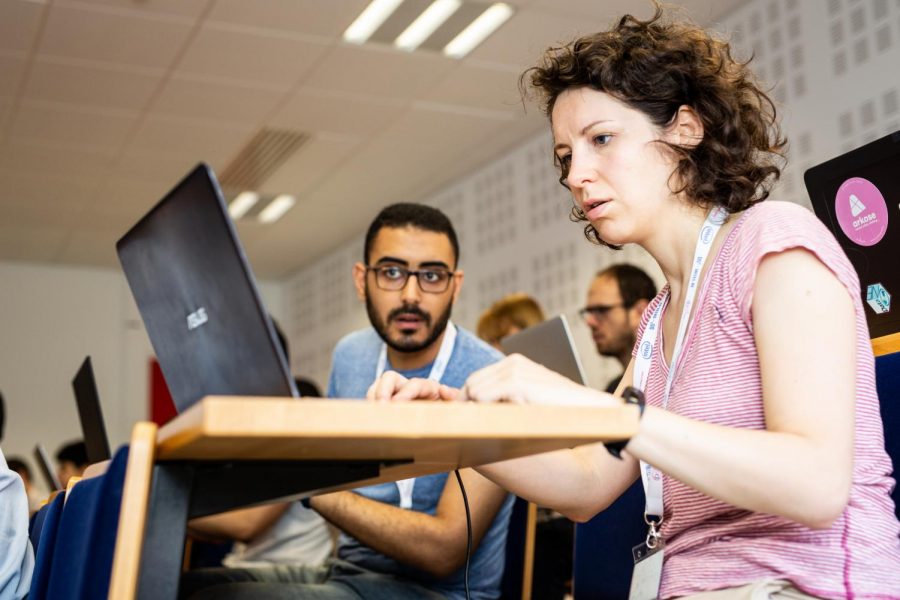Summer Research Trumps Summer Vacation
Doing research over the summer can be beneficial and valuable for future professional and career development.
No, I don’t mean the boring, dull, book research reports many of us had to do over our high school careers. Nor do I mean the writing of college-level research papers on some obscure topic all of us write at some point during our undergraduate careers.
I’m talking about research aimed at a specific topic or, in my case, specimen, with a specific goal and methodology to achieve that goal. I’m talking about academic research.
Full disclosure: I have never been part of a formal summer research program or experience. What I can bring to the table, however, is having done pretty-much-full-time work for five days a week over the past summer on-campus. I also have several coworkers and acquaintances who have completed a formal summer research program.
What do all these experiences combined with my own understanding of the matter come out to? Summer research is invaluable.
Not only does it hone and temper your research, critical thinking, communication and time-management skills, but it also offers you the opportunity to find what you want to pursue as your postgraduate goal and conversely what you don’t.
When students think of research, they think of work on a computer looking up articles. Perhaps a long table in the library, filled with books and students with their noses in them poring over their contents.
The research I’ve come to know, however, is much more applied. This is not to put down the bioinformaticians or other informatics and computer-based people who do important work for data analysis and management. On the contrary, theirs is a crucial task: to constantly improve how we handle, view, analyze and etc. data.
Hands-on research, however, can be quite repetitive. You may need to perform a repetitive motion over and over again. Want good, statistically-valid data? You’re probably going tonna need to repeat that experiment over and over again to demonstrate that your conclusion or the trend you’re saying points to one cause is indeed true.
But I digress on the details. What I’m getting at is that summer research can help to get you acclimated to this line of thinking; to designing methodologically-sound experiments that can and hopefully will slowly tease out the answers to whatever questions you and your principal investigator (PI) (the faculty member who heads the lab) pose to yourselves.
Allow me to take a break here and ask a question: Would you be happy with doing what you’re doing in your laboratory for the rest of your foreseeable career? That is a crucial benefit of summer research. A concentrated and finite amount of time dedicated and focused on a specific goal with specific methods to achieve or answer that goal can be a perfect proxy for determining if what you’re doing is something you’ll feel satisfied and fulfilled doing for your career, or conversely the same in a graduate school program on the academic side of things.
Perhaps most importantly, summer research can help you to network with faculty and administrators in your dream graduate school program. I speak of graduate school (for earning master’s and doctoral degrees) because both are the routes of most people in my line of work: biology. Graduate school aside, networking can also help you with landing jobs, internships and other career-relevant opportunities.
Networking comes down to the age-old adage that still remains true: it’s not what you know, but who you know and indeed that can help. But connections can only get you so far. Your skills and intangible qualities will get you the rest of the way to your goal Cougars, with enough hard work, dedication and just a little bit of luck.


